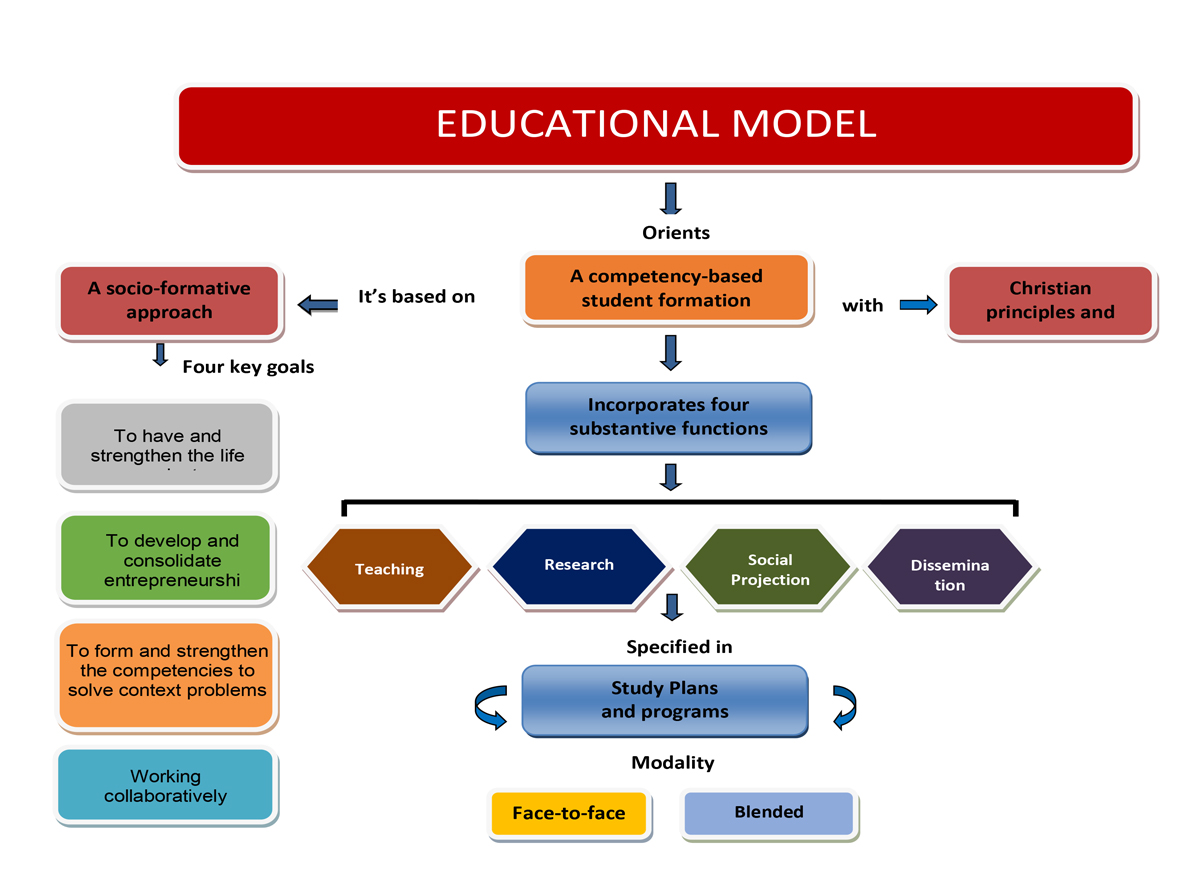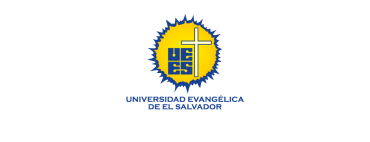Teaching
Teaching
The Universidad Evangélica de El Salvador develops its educational process through academic (Undergraduate and Graduate Schools) and administrative (Directorates) areas, fulfilling the development of substantive functions: Teaching, Research, Social Outreach, and Dissemination, which are synergistically articulated for the training of integral professionals with academic excellence and a broad sense of ethics and social responsibility.
Our Educational Model assumes the Socio-Formative Approach to competencies in which the student is the center of the formative process, being self-manager of their learning, working collaboratively with critical and reflective thinking, and the teacher is a facilitator. This approach assumes four important characteristics: 1) To have and strengthen the ethical life project, 2) To develop and consolidate entrepreneurship, 3) To form and strengthen the competencies to solve context problems, and 4) To work collaboratively.
In relation to Virtual Education, the University has had experience since 2007 in the implementation of study plans and continuing education programs in blended and virtual mode, having a robust and high technological infrastructure capacity for the efficient development of academic programs; a Virtual Campus (LMS MOODLE) that allows creating flexible, safe, and accessible learning environments for students; based on our Virtual Pedagogical Model and Institutional Regulations that allow efficient execution of the programs.
All of the above is supported by the updating and strengthening of teaching competencies and the institutional commitment to continuous improvement in all their academic work.


